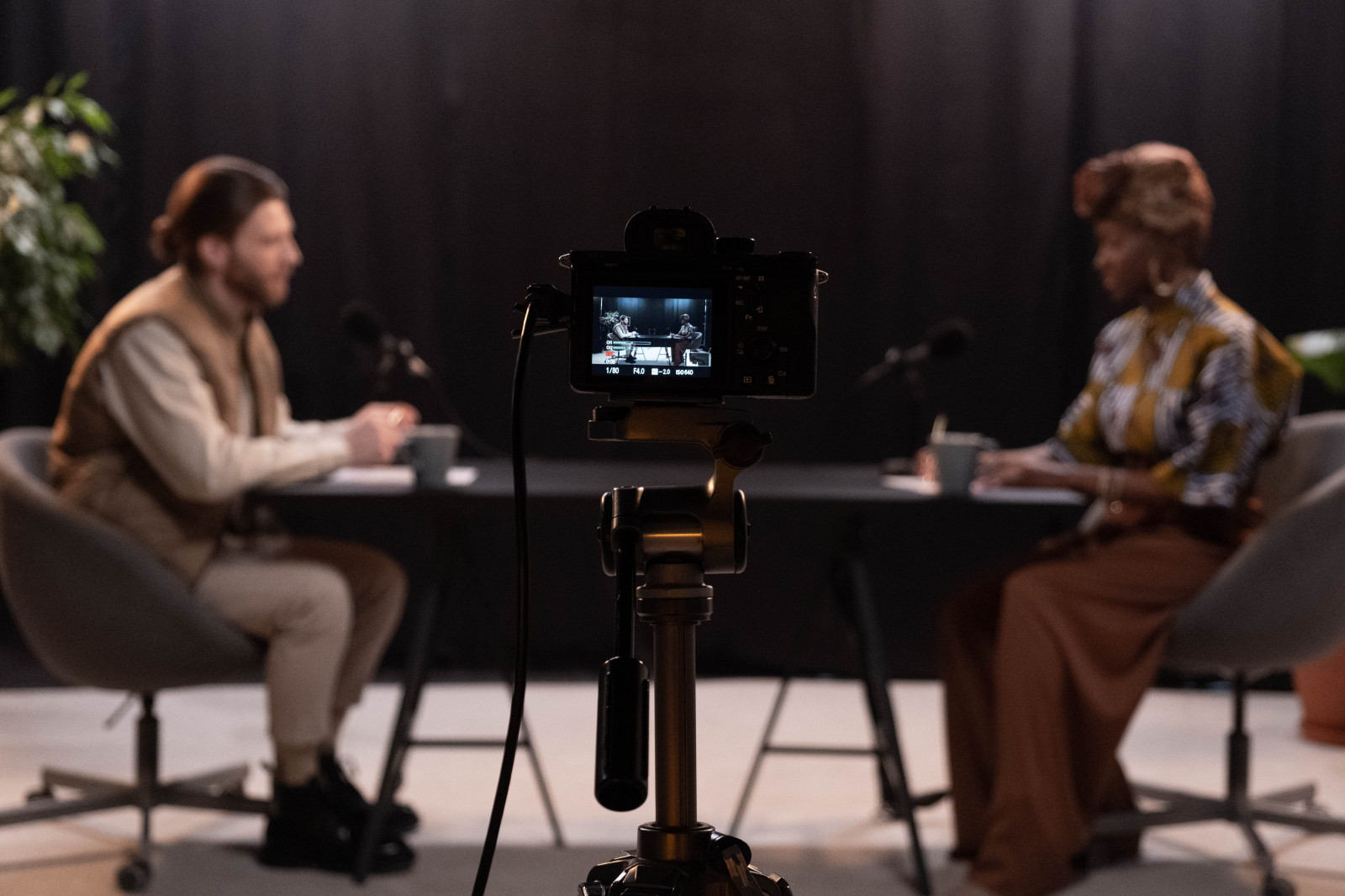Why podcasts may have more in common with TV than radio


Television is really a nebulous format. From serialised mysteries to talk shows and stand-up comedy to educational documentaries, the format spans a wide range of content on a wide range of delivery mechanisms, from cable to SVOD to YouTube. Some TV shows have episodes that stand up on their own while others thrive on a narrative continuity that can continue on season after season.
The parallels with podcasts are striking. We often think about the podcast format as being derivative of radio, and for good reason: both involve spoken-word audio delivered to a largely lean-back audience. In truth, it is only the mediums that are similar; the formats are very different. Format wise, podcasts arguably share more with television than radio, and that can provide some clues as to the direction that both formats are heading.
The subscription opportunity for podcasts
Beyond episodic delivery, serialisation, and show genres, according to our Q3 2023 consumer survey, there is a 50% overlap between people who pay to view movies or shows and people who listen to podcasts weekly. In other words, the audience overlap between podcasts and television is huge. That is not to say that audience overlap between podcasts and radio is not significant as well, but TV shows are constantly being spun out of podcast shows, or given “companion podcasts”, to enrich the narrative experience. A radio-podcast crossover is usually just duplicated content delivered on different channels.
The other major parallel is how podcasts and television make money. Both formats currently generate revenue through a combination of advertising and subscriptions; however, podcasts still rely on the former for the bulk of their value. Television generates the bulk of its revenue through subscriptions, either through cable or SVOD, but advertising still accounts for a big portion of that. The big caveat (and potential opportunity) here is that subscriptions in podcasting are largely D2C. In television, subscriptions are gatekept by tech companies and legacy media. In other words, a television show does not market a subscription to itself but to a platform. Podcasts, on the other hand, provide à la carte subscriptions to creators themselves, offering more creator and consumer control (and the possibility of podcast subscription bundles).
Featured Report
India market focus A fandom and AI-forward online population
Online Indian consumers are expected to be early movers. They are high entertainment consumers, AI enthusiasts, and high spenders – especially on fandom. This report explores a population that is an early adopter, format-agnostic, mobile-first audience, with huge growth potential.
Find out more…A TV show by any other name
Leveraging the similarities between podcasts and television does not mean marketing the two formats in the same way. Instead, it means thinking about ways to exploit the strengths of podcasting — strengths that may give the format a leg up on television. Some podcasts are already testing the waters.
In early January 2024, production company Listen rolled out what they call a “visualised podcast”, which racked up 1.24 million viewers on BBC2 — already a third of the viewership for the Law & Order: Organized Crime premiere. Listen claims this format “is not just a TV show [but] an in-vision format for your eyes that you can also hear with your ears”. Tongue-in-cheek descriptions aside, the visualised podcast is an indication of where the podcast format can go in the future: a remaking of television. In the case of Listen’s The Traitors: Uncloaked, the BBC is the obvious intermediary, but if the format proliferates, an independent television ecosystem could flourish. Given that 53% of podcast listeners discover new shows through YouTube or TikTok clips, according to our Q3 2023 consumer survey, “visualised podcast” proliferation is a very real possibility.
Supplement today, substitute tomorrow?
Today, whether big TV shows have companion podcasts to deepen engagement or television studios test the viability of stories through podcasts, the podcast format is treated as supplemental to television. As the podcasting industry matures, it is worth considering how podcasts might one-up TV and not just how they might help this (and other formats) generate revenue. Podcasting’s television crossovers, D2C subscription opportunities, and visualisation potential mean that what we think of as an audio format today might very well become a multisensory medium that competes for television audience’s attention.

The discussion around this post has not yet got started, be the first to add an opinion.